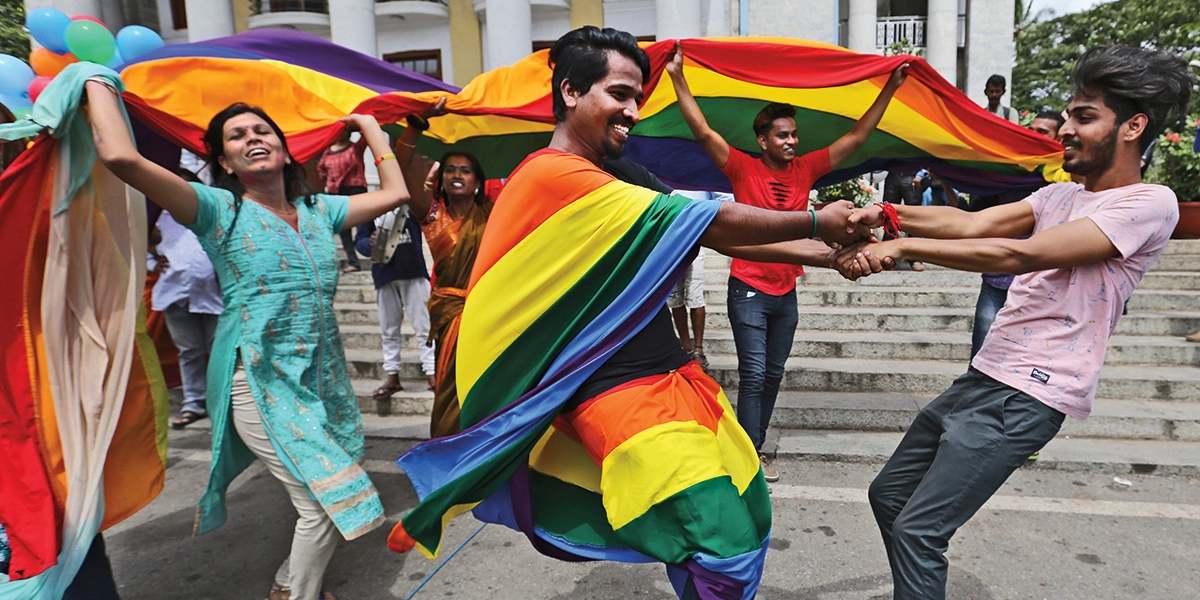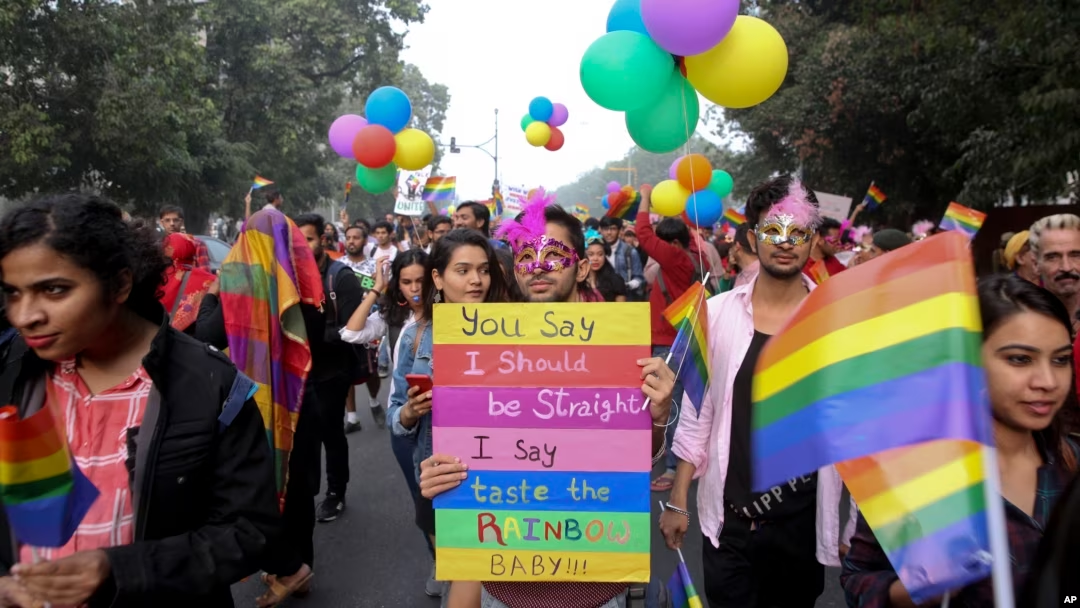Changing Attitudes
Changing families’ attitudes is a key priority for clinical psychologist Richa Vashista, a research interventionist at the Humsafar Trust, a nonprofit organization in Mumbai and Delhi that provides counseling, health-care services and advocacy for the LGBTQ community. Vashista has co-authored “Strengthening Bridges: A Manual for Counselors to Support Parents of LGBTQ” to guide mental health professionals in supporting parents.
“When children come out, the parents often blame themselves or feel guilty,” says Vashista. “The mother usually blames herself, thinking something happened during pregnancy that her child turned out this way.” The manual outlines helpful responses to this and other parent questions, such as what to tell their friends or why their children can’t just marry and live secret lives.
Catching the next generation before they develop anti-LGBTQ attitudes is another priority for Indian psychologists, says Ahuja, who has developed an intervention to “subvert heteronormativity” among college students.


“We really need more such forums to talk about homosexuality and to give the opportunity for homosexuals to share their experiences,” says Ahuja, noting that Indians’ attitudes are typically shaped by media depictions of homosexuals as buffoons.
Such interventions need to happen at every level, adds Vashista, who provides trainings on sexual orientation and gender identity at schools, corporations and other venues. At workplaces, for example, Indians still face enormous pressure to conform. “A client comes and tells me, ‘I have to live a lie and pretend to be someone else at work,’” she says. “It takes a mental toll on them.”